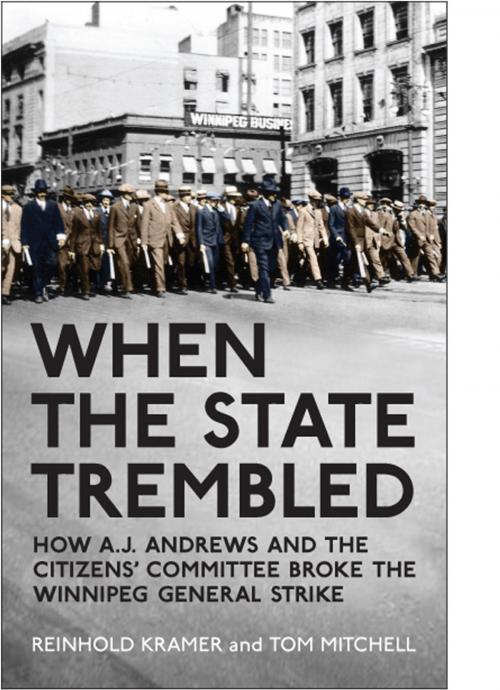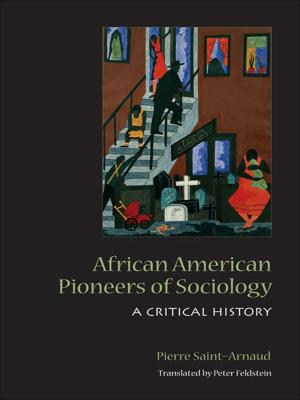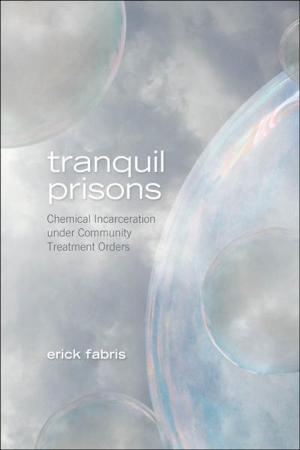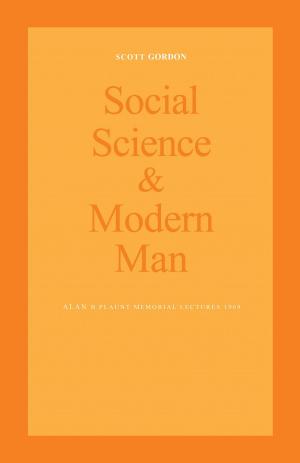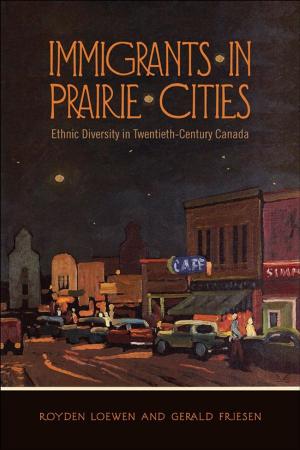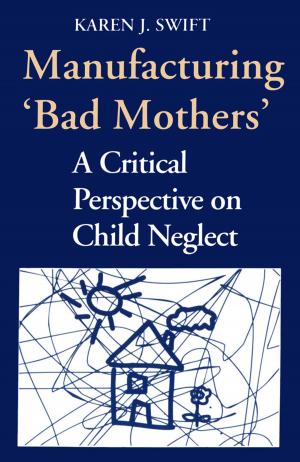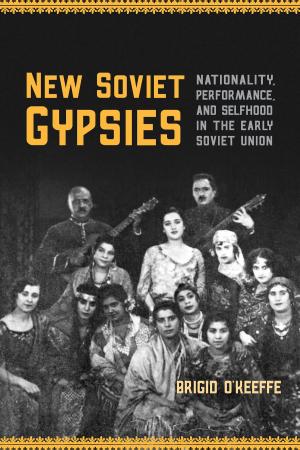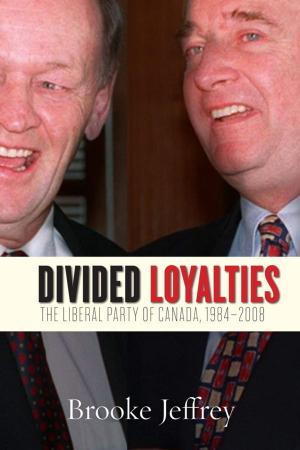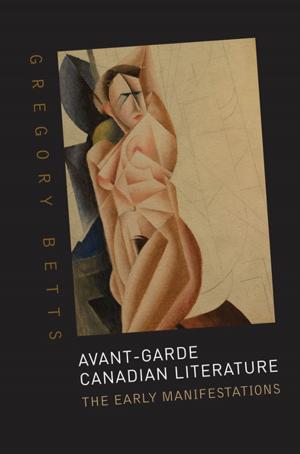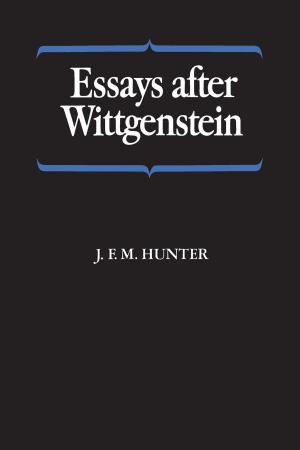When the State Trembled
How A.J. Andrews and the Citizens' Committee Broke the Winnipeg General Strike
Nonfiction, History, Canada, Social & Cultural Studies, Social Science| Author: | Reinhold Kramer, Tom Mitchell | ISBN: | 9781442660229 |
| Publisher: | University of Toronto Press, Scholarly Publishing Division | Publication: | October 1, 2010 |
| Imprint: | Language: | English |
| Author: | Reinhold Kramer, Tom Mitchell |
| ISBN: | 9781442660229 |
| Publisher: | University of Toronto Press, Scholarly Publishing Division |
| Publication: | October 1, 2010 |
| Imprint: | |
| Language: | English |
The Winnipeg General Strike of 1919, which involved approximately 30,000 workers, is Canada's best-known strike. When the State Trembled recovers the hitherto untold story of the Citizens' Committee of 1000, formed by Winnipeg's business elite in order to crush the revolt and sustain the status quo.
This account, by the authors of the award-winning Walk Towards the Gallows, reveals that the Citizens drew upon and extended a wide repertoire of anti-labour tactics to undermine working-class unity, battle for the hearts and minds of the middle class, and stigmatize the general strike as a criminal action. Newly discovered correspondence between leading Citizen lawyer A.J. Andrews and Acting Minister of Justice Arthur Meighen illuminates the strategizing and cooperation that took place between the state and the Citizens. While the strike's break was a crushing defeat for the labour movement, the later prosecution of its leaders on charges of sedition reveals abiding fears of radicalism and continuing struggles between capital and labour on the terrain of politics and law.
The Winnipeg General Strike of 1919, which involved approximately 30,000 workers, is Canada's best-known strike. When the State Trembled recovers the hitherto untold story of the Citizens' Committee of 1000, formed by Winnipeg's business elite in order to crush the revolt and sustain the status quo.
This account, by the authors of the award-winning Walk Towards the Gallows, reveals that the Citizens drew upon and extended a wide repertoire of anti-labour tactics to undermine working-class unity, battle for the hearts and minds of the middle class, and stigmatize the general strike as a criminal action. Newly discovered correspondence between leading Citizen lawyer A.J. Andrews and Acting Minister of Justice Arthur Meighen illuminates the strategizing and cooperation that took place between the state and the Citizens. While the strike's break was a crushing defeat for the labour movement, the later prosecution of its leaders on charges of sedition reveals abiding fears of radicalism and continuing struggles between capital and labour on the terrain of politics and law.
